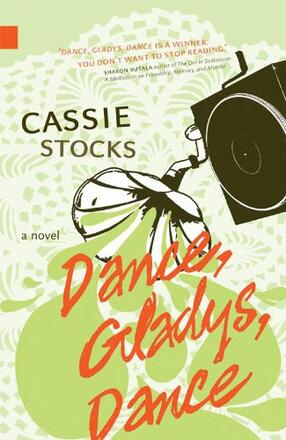
Dance, Gladys, Dance
La description
WINNER OF THE 2013 STEPHEN LEACOCK MEDAL FOR HUMOUR.
Frieda Zweig is at an impasse. Behind her is a string of failed relationships and the half-forgotten ambitions of being a painter; in front of her lies the dreary task of finding a real job and figuring out what "normal" people do with their lives. Then, a classified ad in the local paper introduces Frieda to Gladys, an elderly woman who long ago gave up on her dreams of being a dancer. The catch? Gladys is a ghost.
In Dance, Gladys, Dance, Cassie Stocks tells the uplifting story of a woman whose uncanny connection with a kindred spirit causes her to see her life in a new way—as anything but ordinary.
Récompenses
- Winner, Leacock Memorial Medal 2013